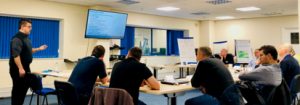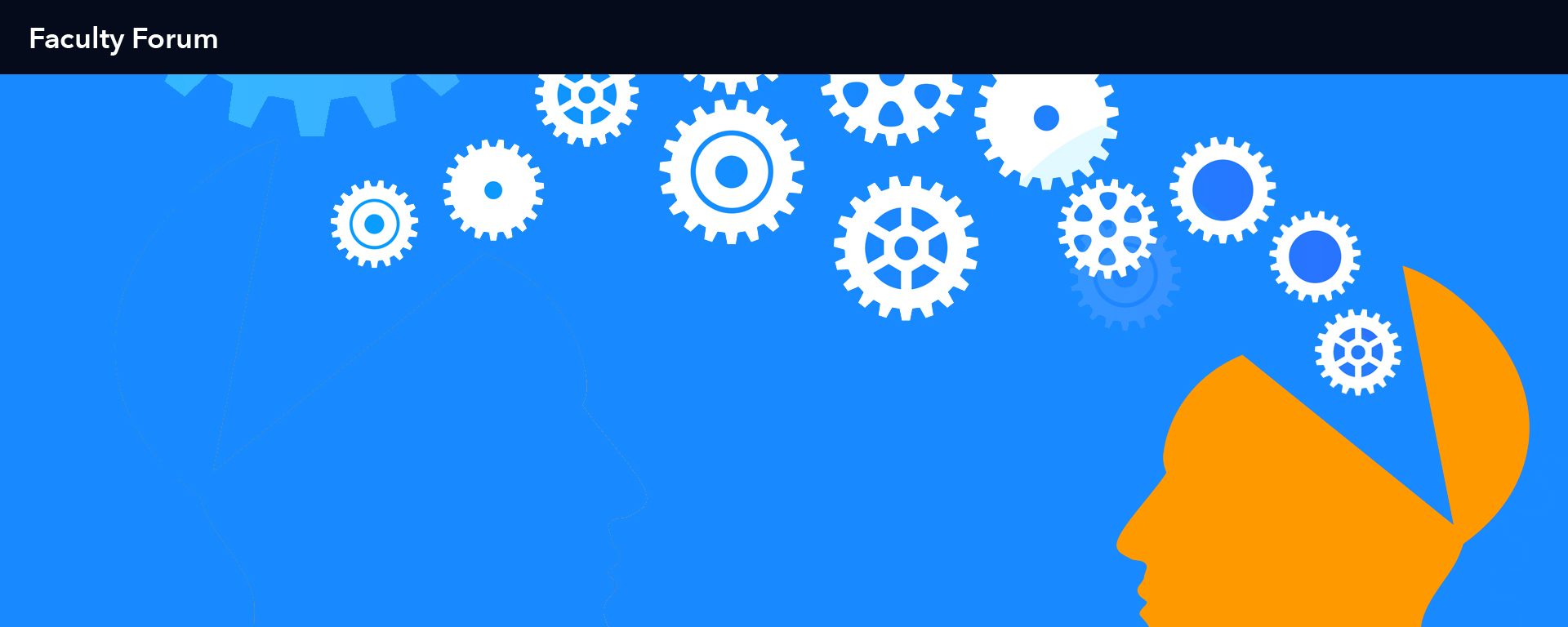Mentoring and “Tribal Knowledge” Lead to Continuing Education Opportunities
by Dr. Michael Wolter
Program Director and Associate Professor of Management and Leadership
My mentor, Grace, was a director at the university where I was an undergraduate. Ours was a chance encounter that over years gradually evolved into a mentoring relationship. When we met two decades ago, I was not looking for a mentor. In truth, I didn’t really quite understand what one was.
Although growing up I had seen Mr. Miyagi teach Daniel skills in The Karate Kid and Obi-Wan Kenobi instruct Luke in the ways of the Force in Star Wars, I still did not comprehend what it meant to have a mentor or to be a mentee. My training under Grace afforded me the opportunity to learn leadership, strengthen my interpersonal skills, improve networking capabilities, supervise effectively, and, most importantly — when I was ready — to become a mentor myself.
Like martial arts masters sharing their knowledge and years of experience with their apprentices, Grace took me under her wing and shared her journey with me. I watched her interact with her staff, supervisors, and students. Afterwards, we had debriefing sessions, discussing what went right and what could be improved. She challenged my assumptions and taught me to ask the appropriate questions in every situation. My experience as her mentee shaped the very person I am now, both professionally and personally.
Sadly, Grace passed away in 2014. Since my time as her mentee, the student has now become the teacher. I am now a mentor to my own mentees. I learned to share my successes with them, as well as my failures, which are among the greatest of life’s lessons. My mentees have struggled, grown, and become mentors themselves, passing Grace’s lessons on to yet another generation of protégés.
During an advisory board meeting for Goodwin’s Manufacturing program a few years back, local manufacturers discussed ways that older generations of workers might pass on their “tribal knowledge” to younger generations. Sharing years of experience, knowledge, and expertise with new employees would improve retention, carry on the institutional history of the manufacturing organizations, and reinvigorate the manufacturing industry in the United States. This led to the creation of the Continuing Education Department’s Mentoring Workshops at Goodwin.
As part of our preparation, I took inventory of the mentoring resources with which Grace provided me; reviewed my files from running a mentoring program through a DCF grant; thought back through my years of mentoring relationships; and ultimately developed an intensive, 8-hour workshop on Advanced Mentoring Practices.
What I believe sets this particular workshop apart from the many other options available is its dual focus on how to be a successful mentor AND mentee. It examines how generational differences over the last 80 years have created barriers — as well as bridges — for communication between veteran manufacturers and their mentees.
One of our particularly successful workforce partnerships is with Paradigm Precision, a global manufacturing company. Working in collaboration with Goodwin graduate Lee Housley, who oversees their leadership and development training, we have implemented the Advanced Mentoring Practice workshops at four of their plant locations in Manchester, Connecticut; Malden, Massachusetts; Stuart, Florida; and Burnley, United Kingdom. We have worked with participants from Canada, Mexico, Poland, Tunisia, the United Kingdom, and the United States.
This experience has allowed me to expand my research on generational differences to a global scale and to examine how cultural perspectives and biases impact global communication among mentor pairings. The program has been a notable success: the first cohort graduated in November 2019 and a second is planned for 2020.
Click here to learn more about Goodwin’s Continuing Education offerings.
Click here to learn more about Goodwin’s Management and Leadership offerings.

Goodwin University is a nonprofit institution of higher education and is accredited by the New England Commission of Higher Education (NECHE), formerly known as the New England Association of Schools and Colleges (NEASC). Goodwin University was founded in 1999, with the goal of serving a diverse student population with career-focused degree programs that lead to strong employment outcomes.

